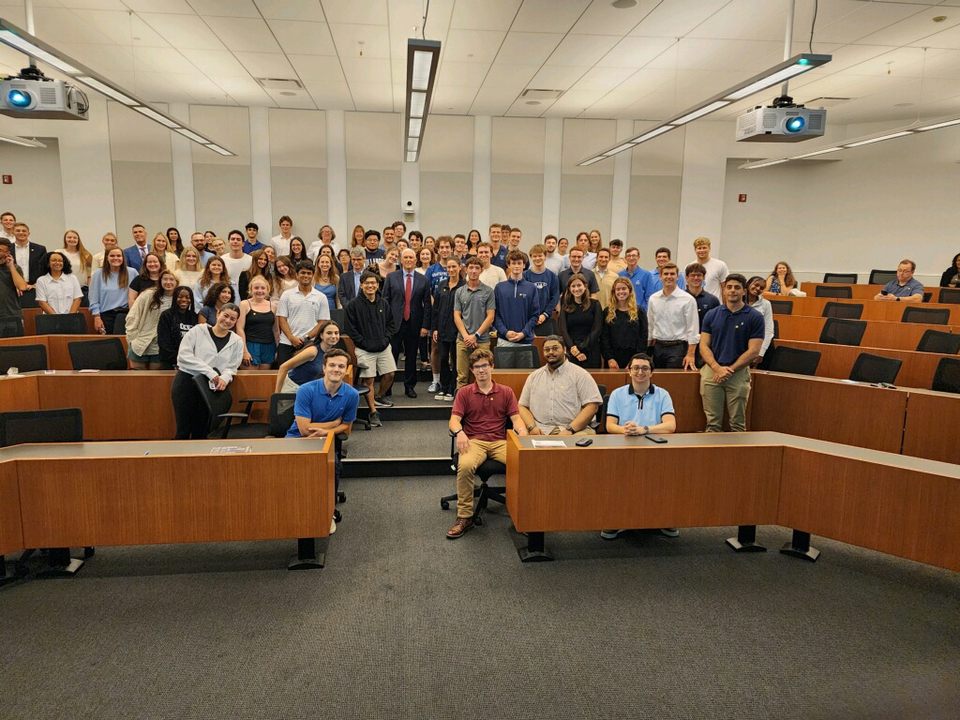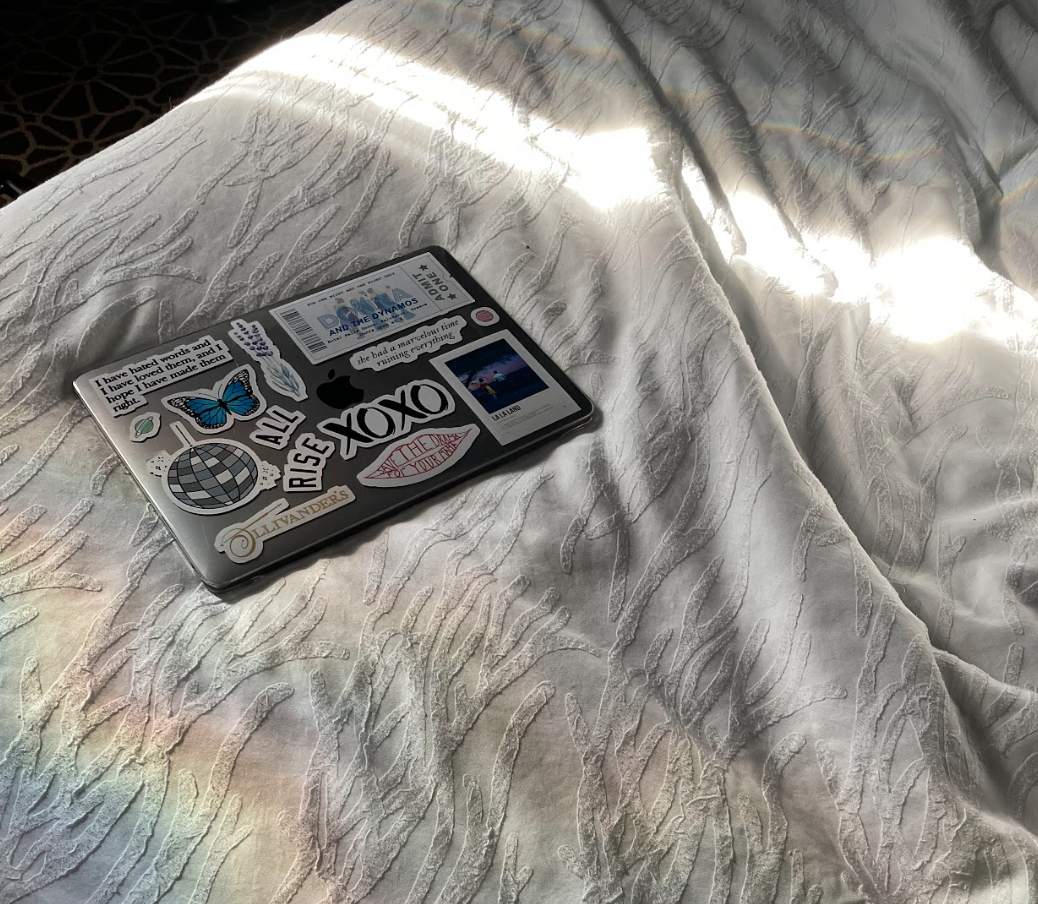Judge Kyle Duncan of the Fifth Circuit Court of Appeals spoke at Villanova’s McCullen Center on Monday, March 18. Some students and faculty in the broader university community were calling for him to be de-platformed due to his allegedly abhorrent judicial philosophy and controversial choice of clients.
This is problematic on two levels. First, as an institution of higher education, we should embrace all of the cultural and social virtues of free speech that are protected by the First Amendment. Second, it is concerning that radicals are imputing to an attorney the views of his clients; a position which undermines our legal system by chilling the representation of parties with unpopular causes. Although Villanova is a private university not subject to the First Amendment, it, and every other institution of higher learning, is duty-bound to uphold free speech as a core societal and educational value. Villanova should not yield to self-righteous demagogues seeking to silence dissent in the name of “social justice.”
Free speech in America can be traced to the early 18th century, when a series of letters were published under the pseudonym “Cato,” which framed free speech as the “great bulwark of liberty.” These letters greatly influenced early Americans, who feared that a government willing to quash speech would trample on other rights and liberties. Indeed, free speech was so important to our ancestors that the Second United States Congress enshrined it in our Constitution as the very first Amendment-making it the bedrock of our constitutional order.
This feature exemplifies the American people’s commitment to protecting unpopular speech. For example, in 1798, the Democratic-Republicans condemned the Alien & Sedition Acts in the Virginia & Kentucky Resolutions by referencing First Amendment principles. Next, in 1977, hateful speech propagated by Nazi groups was preserved in the name of free speech. Finally, in 1989, burning the American Flag was similarly protected on free speech grounds. Free speech is still so ingrained in American law and culture that prominent civil liberties organizations like the American Civil Liberties Union and the Foundation for Individual Rights and Expression list compelling reasons for the protection of free speech on their respective websites. Free speech has consistently been revered by the masses regardless of one’s personal beliefs. Indeed, it is historically one of the few truly bipartisan issues.
The social value of free speech is just as clear. First, free speech is the cornerstone of civil society. Free speech has allowed us to build a system of government where our disputes are not resolved through violence or intimidation but through politics and courts of law instead. Stifling dissent undermines our constitutional order by creating a majoritarian state where dissenters have no say in their government. Second, restricting speech distorts the marketplace of ideas resulting in group-think. Group-think leads to the outcast of dissenters in the name of a supposed “common good.” On the other hand, an unfettered marketplace allows for the best ideas to succeed, facilitating societal growth and progress. Contrary to their statements, those calling to deplatform Judge Duncan are not acting to protect marginalized groups on campus. Rather, their chief goal is to ensure that insubordination to liberal orthodoxy is not tolerated.
As a lawyer-in-training, I am disturbed that extremists would conflate a client’s views with the views of his attorney. These same agitators also believe that attorneys who represent unpopular clients, or those whose judicial philosophies with which they disagree should be socially ostracized and professionally punished. This undermines our legal system in two ways. First, it destroys due process by preventing both sides from attaining adequate counsel. Second, it precludes attorneys from effectively advocating for their clients by restraining the substance of their arguments. Our adversarial legal system only works if all parties have effective counsel who can zealously advocate on their behalf. According to these extremists’ logic, John Adams should have been disciplined for his committed representation of the British Soldiers involved in the Boston Massacre. These fanatics have gotten their way in the past at other universities, most notably, the now-disgraced former President of Harvard University Claudine Gay played a key role in the cancelling of Professor Ronald Sullivan in 2019 because he represented an unpopular client. Villanova can avoid Harvard’s shame by resisting these left-wing zealots whose objective is to ensure due process only for those who share their convictions.
Prohibiting Judge Duncan from speaking only facilitates the goals of discontent leftist militants who oppose the virtues of free speech and due process. Rather than censor Judge Duncan, Villanova should instead pursue alternatives for dissatisfied community members to express their displeasure with his presence. Villanova must defend dissent by refusing to enable belligerent activists and allowing Judge Duncan to speak.






